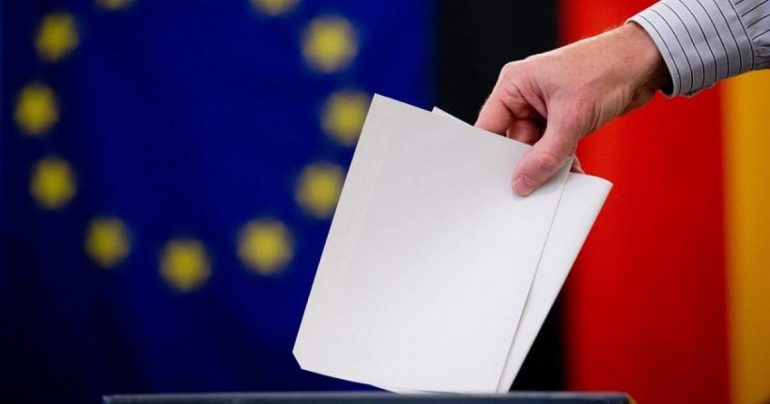Fewer and fewer European citizens vote in every election for the renewal of the European Parliament. On average, one in two Europeans is not going to go to the polls, a percentage that in Eastern Europe is even more impressive, and the same "evil" is not avoided by the founding members of the EU.
In 1979, during the first European elections, the abstention rate reached 38%.
The percentage increased in each new contest, to reach a record high of 57,4% in the previous European elections in 2014. The paradox is that the abstention rate in the EU increases as the powers of the European Parliament increase, which from a limited capacity intervention body in 1979 has come to be almost equal in legislation to the European Commission.
In almost all countries, the turnout in the European elections is traditionally greater than that in national contests. "The difference is an average of 25 points and is observed equally in Eastern and Western Europe," Olivier Rosenberg of the Paris School of Political Science told AFP. According to Eurobarometer, in September 2018 only 48% of Europeans estimated that his "vote counts in the EU", compared to 62% who believe that his vote has weight for politics in his own country. In 1979, turnout was mandatory in three of the then-EEC countries - Italy, Belgium and Luxembourg - which accounted for 26% of the European electorate. The quota was reduced by 5 points after the abolition of compulsory voting in Italy in the 90s, "which may have contributed significantly to the decline in the overall turnout" in the European elections, according to the Jacques Delors Institute.
However, the obligation to vote does not always guarantee that voters will go to the polls.
If abstention in 2104 was extremely low in Belgium and Luxembourg (10 and 15% respectively), it was particularly high in Greece (40%) and Cyprus (56%). In Slovakia it reached 87%. Surprising is the generally high abstention in Eastern European countries, which joined the EU after its successive enlargements in 2004, 2007 and 2013. As Rosenberg explains, in these countries "the vote has not been established" as much as in other European countries. "For us, the vote is synonymous with democracy, while this link is less evident in the countries of Eastern Europe, where the memory of non-pluralist elections is still alive" of their communist experience. In addition, in these countries "there is a general instability regarding the status of the parties, which often change their name, alliances, etc. And this does not help to identify the supporter with the vote", he adds.
But, with the exception of Belgium and Luxembourg, abstention does not leave the founding members of the EU unharmed. In France and the Netherlands from 40% in 1979 it reached 60% in 2014, in Italy from 14% it reached 43% and in Germany from 34% it reached 50%. What is worrying is that the indifference of voters to exercise their democratic right extends to the case of national elections. However, abstention has more or less stabilized since 2004 in France and Germany. According to Rosenberg, "it has reached a limit" and this is explained "by a specific consciousness that has developed in the world, especially with the crisis, that the EU is part of the problem and perhaps part of the solution itself."
- Source: ΑΠΕ-ΜΠΕ.
